

My name is Stuart. I’m a printer and tattooist from New Zealand and I have stage 4 prostate cancer. Both my parents were diagnosed with this disease; my father with prostate cancer and my mother with lung cancer.
The side effects of surgery resulted in my partner of 17 years turning her back on me. I’ve been left all by myself to fight my battle alone, and having to try and start over when life is just about over for me. I've never shed so many tears in my life and it's all been so lonely.

It started with wanting to urinate far too often at night. My urine flow would be weak and interrupted and I had trouble emptying my bladder completely. A few weeks after these symptoms appeared, I decided to seek professional help. Eventually, I was diagnosed with prostate cancer in April 2019. I don’t remember what subtype it was, I just know that it was stage 4.

When I received my diagnosis, I was fearful, sad and was in a bit of a shock.
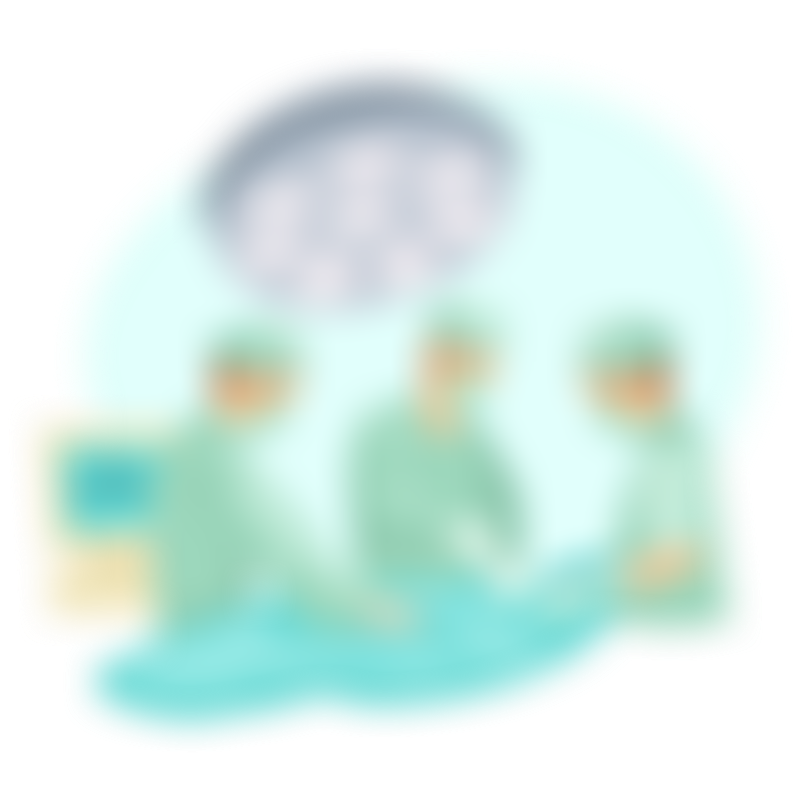
I followed the doctor’s recommended treatment plan. I felt neutral about it and was just trying to make most of what I had left. My treatment is subsidized thankfully.
I first had my prostate removed, then had radiation, followed by hormone replacement therapy. Cancer came back last year so I was put into chemotherapy, followed by hormone therapy every three months, which I’m currently on. I’ve been told it is incurable now.
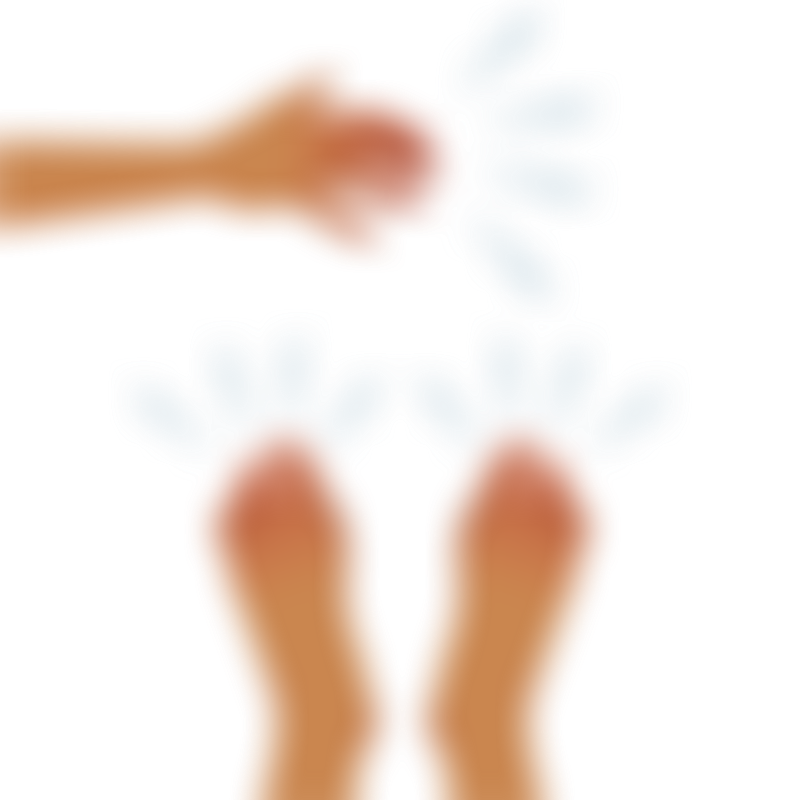
Besides the hand and foot syndrome and fatigue I experienced during treatment, the worst side effect that happened to me was the lack of libido because it caused a breakup in my relationship. I believe this was the result of the radical prostatectomy to remove my entire prostate. Besides rest, I didn’t do anything more about the side effects.

I was offered recommendations from my doctor on exercise frequency and nutrition, which I was very compliant with. However, my lifestyle, especially exercise, changed drastically after treatment. I did not have much energy as I was very active before treatment, but had problems walking more than one block away from my house.
Cancer has affected my personal life in so many ways:
- Social life and relationships with loved ones
- Day-to-day life
- Self-esteem/self-image
- Professional life
- Sex life
My social life and relationships with loved ones were affected the most. I had no sex life and had to make a new life for myself as my partner of 17 years turned her back on me. So I had to walk away and start from fresh with the understanding that I wasn't going to live for much longer.
I continued working after my diagnosis and still do a bit of volunteer work at gardens to keep my sanity.
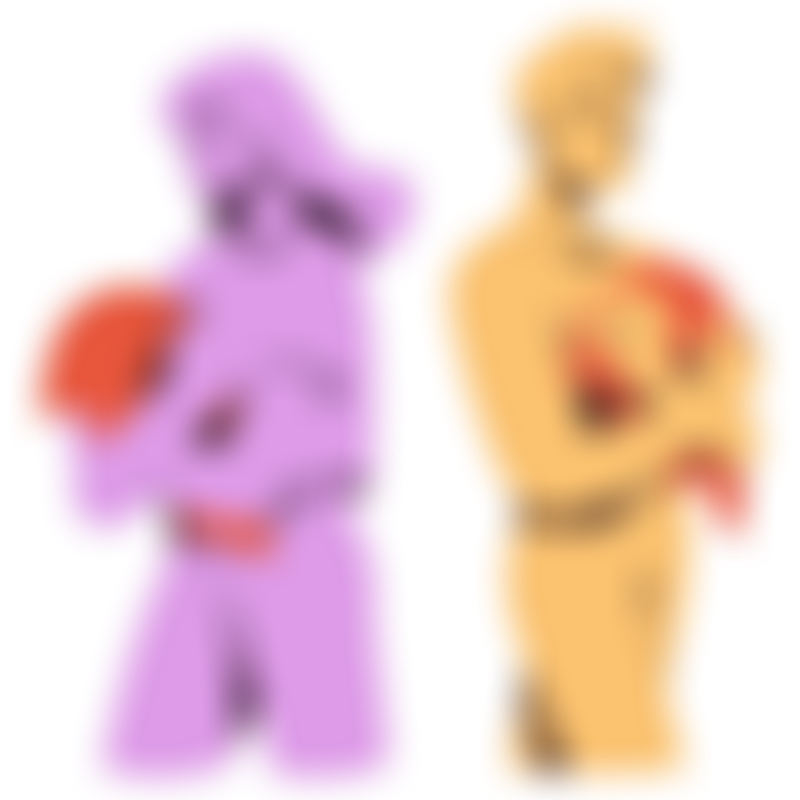
The hardest part of my treatment was having my partner turn her back on me without giving me a reason, leaving me all by myself to fight my battle alone, and having to try and start over when life is just about over for me. I've never shed so many tears in my life and it's all been so lonely. All I can advise others is to try and be positive and make sure you have a support network that you can rely on, because when they let you down it makes you want to give up.
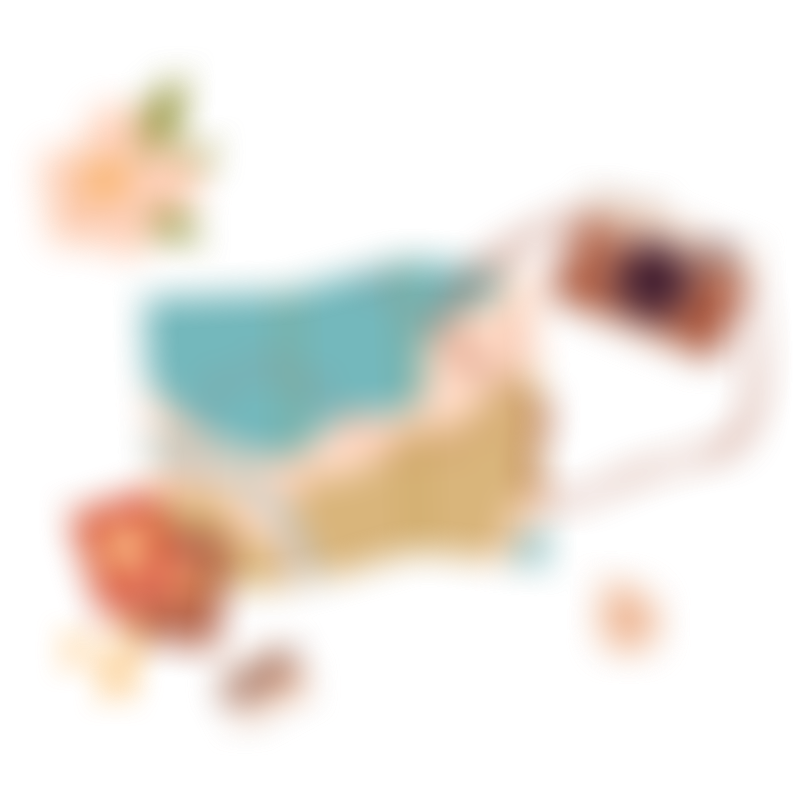
My biggest fear is dying before I get to spend time with my children. I’m planning a holiday to spend some time with them.

It’s been awhile since my initial diagnosis and I still feel fearful and sad, because I don’t know what lies ahead of me. I'm still recovering from my last lot of chemo, but I hope there is enough of my kiwi saver to cover my funeral.
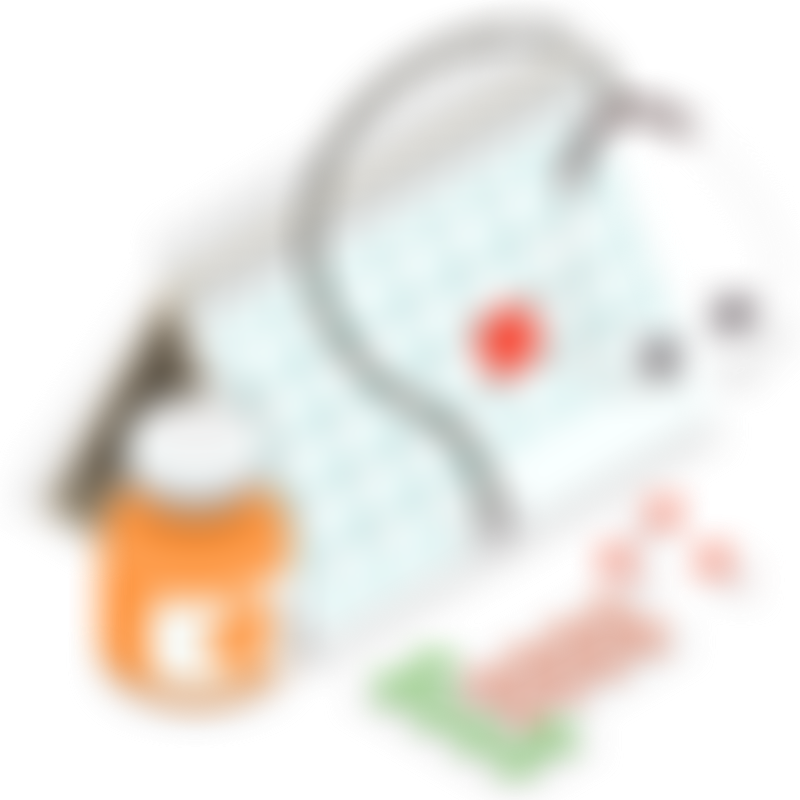
The most important advice I could give is to get your treatment as soon as possible so you can get on with whatever life you have left.
This patient's story is published and shared with their full consent. Any personal data that can be used to identify the patient has been omitted.
Click here for more information.